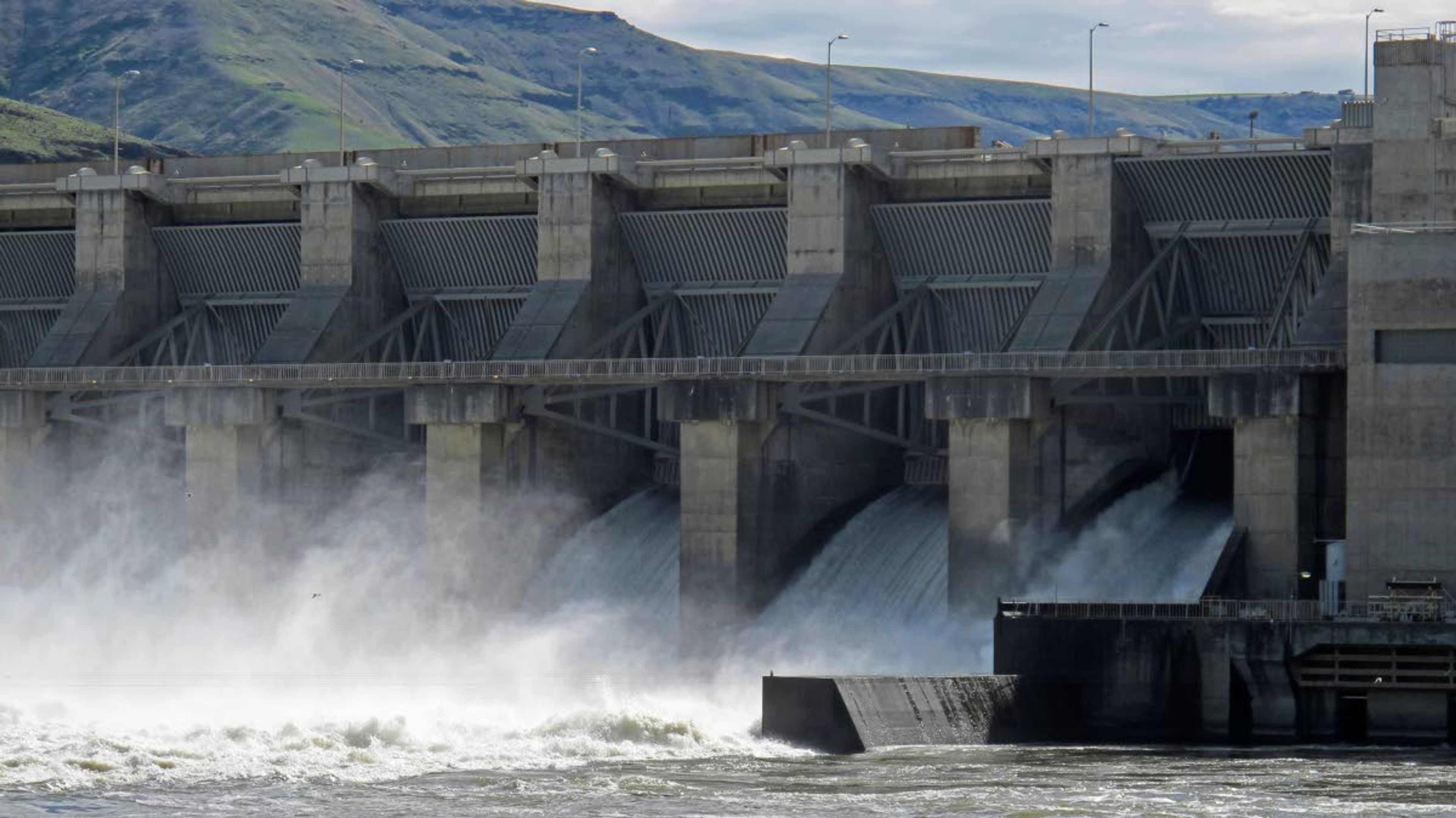Federal government, salmon advocates agree to one-year extension of legal timeout
Federal judge asked to sign off on agreement, which would pause all lawsuits until Aug. 31, 2023
The Biden administration and salmon advocates including the Nez Perce Tribe have agreed to extend by one year the legal timeout surrounding a long-running lawsuit over the harm federal dams cause to the threatened and endangered fish in the Columbia Basin.
The parties – which include the federal government as the defendant and the Nez Perce and other tribes, the state of Oregon and a coalition of fishing and environmental groups as plaintiffs – first agreed to a stay last October so they could seek a long-term solution to declining salmon and steelhead in the Snake and Columbia rivers. Now they are asking federal district court Judge Michael Simon, of Portland, to extend the stay to Aug. 31, 2023.
The federal government operates 14 dams that slow the rivers, decrease fish survival rates and can warm the rivers to temperatures lethal to salmon and steelhead. But the system of hydroelectric dams also provide a significant portion of the electricity consumed by residents of the Pacific Northwest and beyond and also make it possible to ship commodities like wheat between Lewiston and the Tri-Cities.
Last month the federal government said if wild salmon and steelhead in the Snake River Basin are to be recovered to fishable numbers, the four lower Snake River dams must be breached.
On Thursday, the administration issued a news release saying extension of the stay will aid in the effort to recover the fish and meet other needs of the region. The following is an excerpt from the release:
“The Administration is committed to supporting development of a durable long-term strategy to restore salmon and other native fish populations to healthy and abundant levels, while honoring federal commitments to Tribal Nations, delivering affordable and reliable clean power, and meeting the many resilience needs of the basin’s diverse stakeholders across the region, including those that use the rivers for irrigation, transportation, water supply, and recreation. This process will afford affected states, Tribal Nations, and regional stakeholders the opportunity to identify and implement alternative and durable solutions to longstanding challenges in the Columbia River Basin.”
The plaintiffs issued the following statement:
“This joint request to extend the litigation stay for up to a year is based on the Biden Administration’s unequivocal commitment to urgent and bold action and a new direction for salmon restoration in the Columbia and Snake River Basin. We welcome that commitment. The science is clear; the time for action is now and the centerpiece of successful action that will avoid extinction in the near-term and allow salmon to return to a healthy abundance over time is restoring the lower Snake River and breaching four dams there. We look forward to working with leaders in the Biden Administration to move forward together and start taking action that will restore the lower Snake River and its irreplaceable wild salmon. As the documents filed with the Court today make clear, however, if the Administration does not live up to its commitment to act urgently and boldly starting now, we will not hesitate to ask the Court to lift the stay so we can return to litigation and our request for an injunction.”
For more on this developing story, see Friday’s Tribune.
Barker may be contacted at ebarker@lmtribune.com or at (208) 848-2273. Follow him on Twitter @ezebarker.










